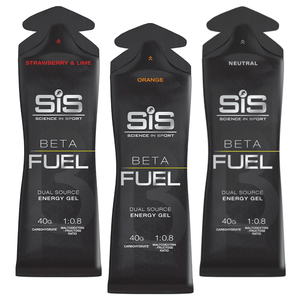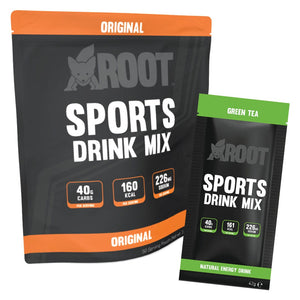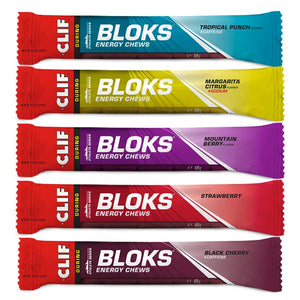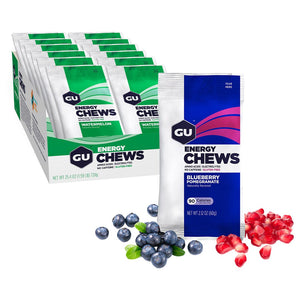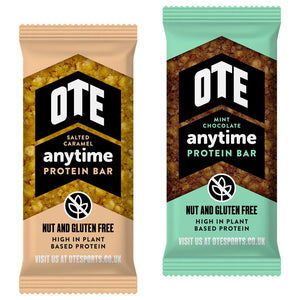It’s your choice - with our knowledge.

Fuelling Your Run: A Guide To Nutrition for Long-Distance Running
Long-distance running requires not only physical endurance and mental strength, but also proper nutrition to support your training and performance.
Whether you’re training for a marathon, ultra-marathon, or any other long-distance race, understanding how to fuel your body is essential for achieving your goals and maintaining your overall health. We are about to explore the key principles of nutrition for long-distance running, including fuelling strategies, pre and post run meals, hydration, and recovery.
It is also important to experiment with different fuel sources, this includes real food and meal replacement options to see what works best for you. Some ultra runners prefer to eat real food during the race, while others prefer to use meal replacements. It is also important to practice eating and drinking during long training runs so that you can get used to what your stomach can tolerate on race day.
You can use our Nutrition Calculator to work out how much nutrition you will need for your long run.
Balance
To sustain energy levels during long-distance runs, it’s crucial to consume a balanced diet that includes adequate amounts of carbohydrates, protein, and healthy fats- these are your macronutrients.
Carbohydrates - Serve as the primary fuel source for endurance activities, so prioritize complex carbs such as whole grains, fruits, vegetables, and legumes.
Protein - Is essential for muscle repair and recovery, so include lean sources like poultry, fish, beans and tofu.
Healthy fats- Can be found in foods like avocado, nuts, and seeds to provide sustained energy and aid in nutrient absorption.
Pre-Run Nutrition
Before a long-distance run it’s important to fuel your body properly. Eating a carbohydrate rich meal 2-3 hours before a run will top up important glycogen stores. Focus on easily digestible options like oatmeal, whole grain toast, or fruit smoothie. Additionally, hydrate well before you run to prevent dehydration.
Fuelling During your Run
During long-distance runs, it’s vital to provide your body with a steady supply of energy. Consider consuming easily digestible carbohydrate every 45-60 minutes, such as energy gels, sports drinks, or chews. Experiment during training to find out what works best for you and practice your fuelling strategy before race day to avoid any unexpected issues.
Hydration
Maintaining proper hydration levels is critical for both your performance and overall health. Drink fluids regularly throughout the day to stay adequately hydrated. During long-distance runs, aim to drink 150-300ml every 15-20 minutes. On shorter runs water may be enough while energy drinks or water with added electrolytes may be better to replenish essential minerals lost through sweating during a longer run.
Recovery
The first 30-60 minutes after a long-distance run are crucial for replenishing energy stores and promoting muscle recovery. In this time you should try and eat a balanced meal or recovery snack containing both carbohydrate and protein. This could be a smoothie with fruit and yoghurt, or a meal with lean protein, whole grains, and vegetables.
Micronutrients
While macronutrients (carbs, protein, fats) are crucial, it’s also important not to overlook the macronutrients for long-distance running. Read about the importance of Micro and Macro Nutrients in our article What are Micro and Macro Nutrients?
Include a variety of fruits and vegetables in your diet to obtain essential vitamins, minerals, and antioxidants. Iron is particularly vital for athletes as it aids in oxygen transport throughout the body. Good sources of iron include- leafy greens, lean red meats, fortified cereals, and legumes.
It’s Personal
Every runner is unique, so it is essential to tailor your nutrition plan to suit your specific needs and preferences. Experiment with different foods and fuelling strategies during training to understand what works best for your body. If you have any specific dietary concerns or medical conditions, you may want to consider consulting a registered dietitian who specialises in Sports Nutrition to help you develop a personalized plan.
Nutrition plays a vital role in the success of long-distance runners. By following a well-balanced diet, fuelling properly before and during runs, staying hydrated, and prioritising post-run recovery you set yourself up for success.
It’s your choice - with our knowledge.







































































































